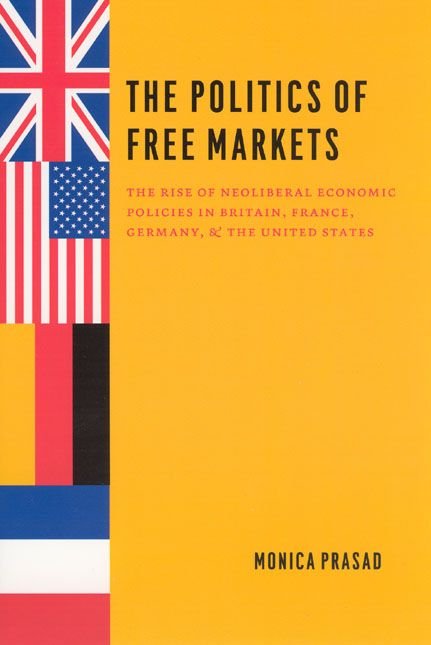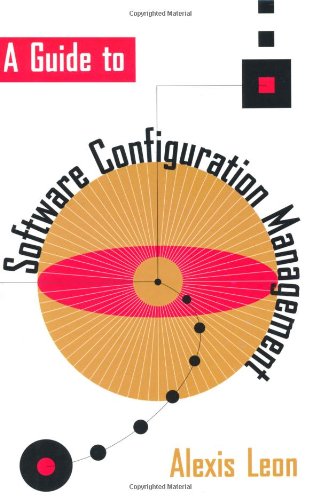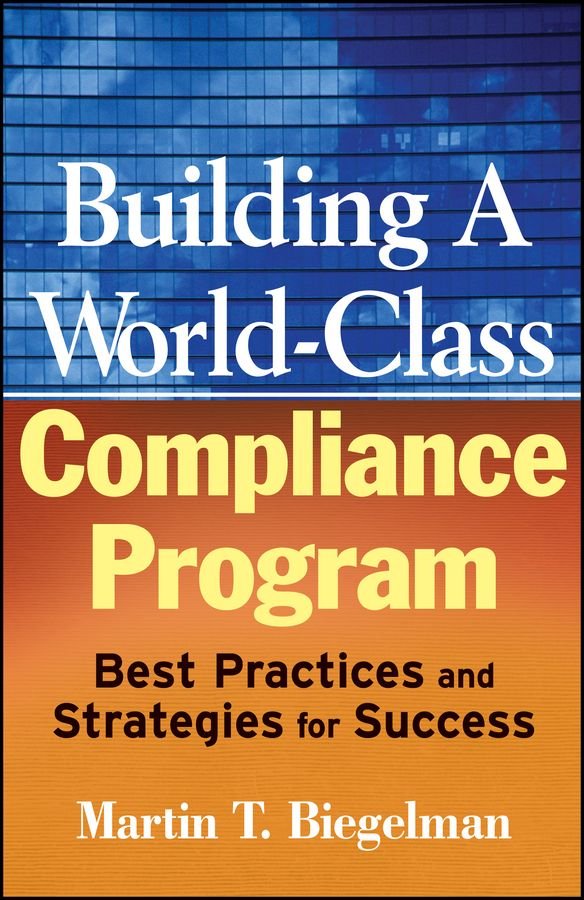This edited collection presents recent developments, practical innovations, and policy reforms in the realm of microfinance in emerging markets. Microfinance has been hotly debated by ever-colliding camps of ardent supporters, who believe that microfinance addresses credit market failures and provides a durable answer to the problem of the poverty, and staunch critics, who argue that lending by microfinance institutions is wasteful, and the interest rates are too high. To bring further insight into this important debate, this book presents comprehensive historical, political, and economic perspectives on the latest issues in microfinance. An impressive array of scholars and practitioners build a framework for thinking about regulation to drive sustainable, inclusive development. With case studies of programs in India, Ghana, and Bangladesh, and examinations of the effects of gender and religion on financial decision-making, this comprehensive collection offers something valuable to scholars, policymakers, and practitioners-anyone with a vested interest in promoting innovation in microfinance.












